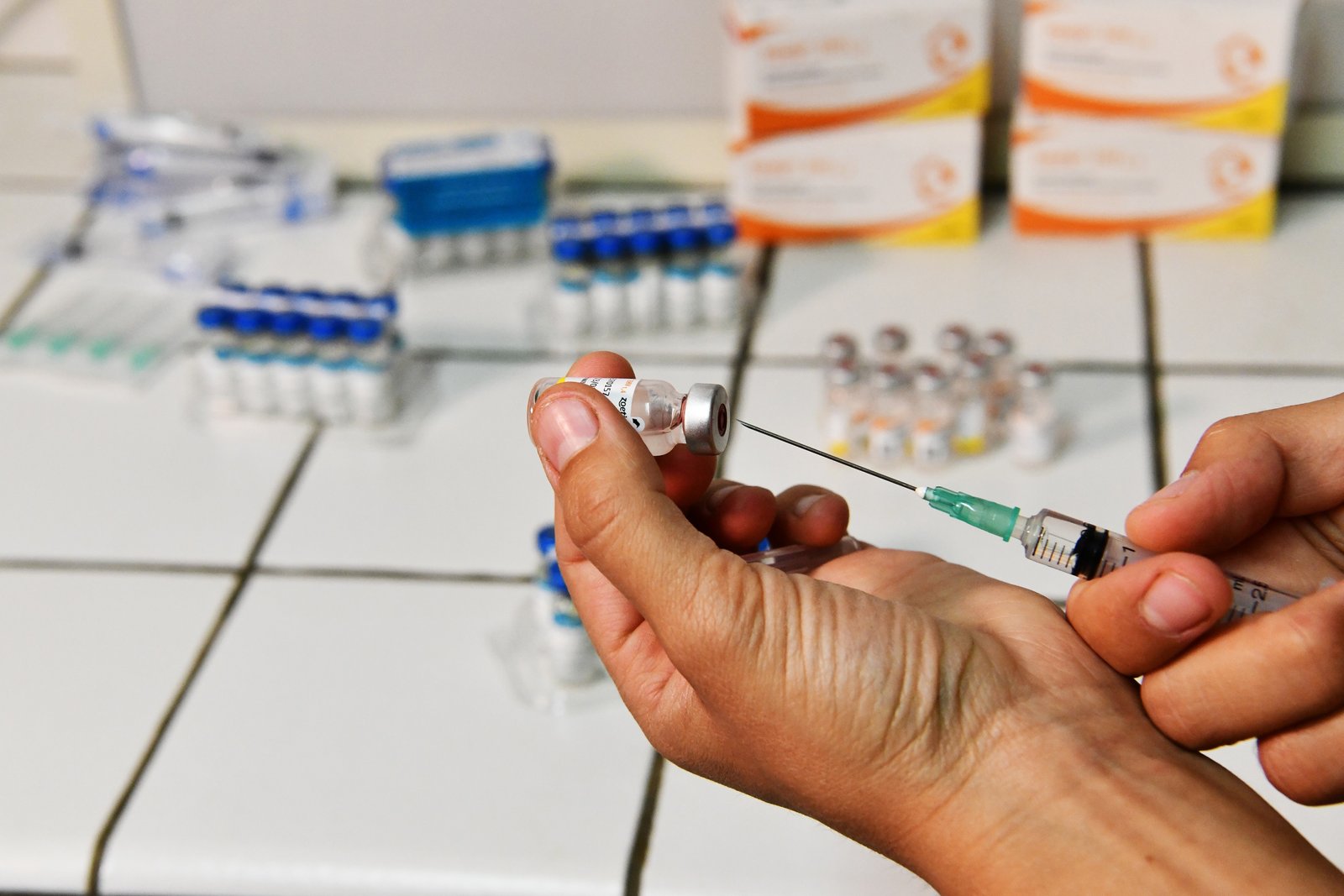
Why Vaccination is Important for Lung Health
Vaccination is a key preventative measure in protecting against respiratory infections that can lead to severe pulmonary complications. Vaccines help reduce the risk of diseases like pneumonia, influenza, and COVID-19, which can seriously impact lung function, especially in vulnerable populations.
Common Vaccinations for Pulmonary Health
- Influenza Vaccine: Provides protection against seasonal flu, which can exacerbate chronic lung conditions like asthma or COPD.
- Pneumococcal Vaccine: Prevents pneumonia, meningitis, and other infections caused by Streptococcus pneumoniae, particularly important for individuals with weakened immune systems.
- COVID-19 Vaccine: Reduces the risk of severe respiratory symptoms and long-term lung damage caused by COVID-19.
- Whooping Cough (Pertussis) Vaccine: Helps protect against a highly contagious respiratory disease, especially dangerous for infants and those with lung disease.
Who Should Get Vaccinated?
Vaccinations are recommended for everyone, but they are particularly important for individuals with chronic lung conditions such as asthma, chronic obstructive pulmonary disease (COPD), and those with weakened immune systems. Consult with your doctor to determine which vaccines are right for you.
Benefits of Vaccination for Pulmonary Patients
- Prevents Complications: Vaccines reduce the likelihood of lung infections that can lead to hospitalizations.
- Protects Against Disease Spread: Vaccinating individuals helps protect communities, especially those with compromised health.
- Boosts Immunity: Strengthening the immune system against respiratory infections ensures better lung function and overall health.